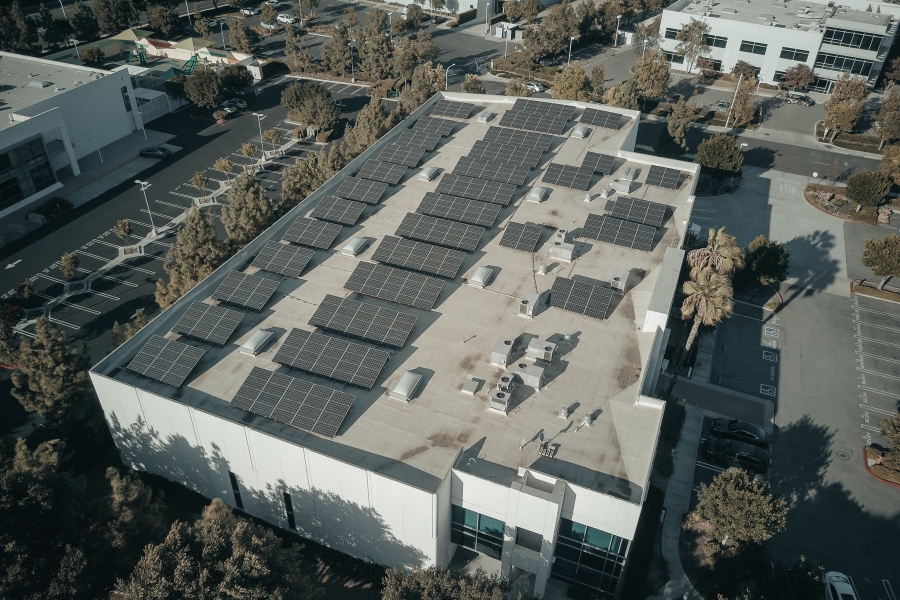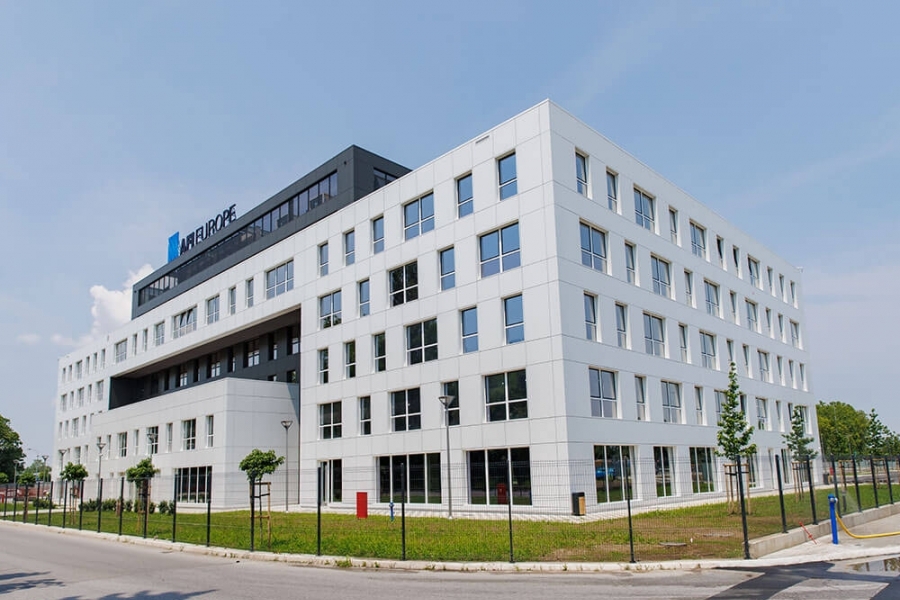
Proper sizing of heat pumps is crucial for ensuring optimal performance and energy efficiency in residential and commercial buildings. In this article, we will discuss the key considerations and methods for sizing heat pumps, taking into account the specific requirements of different types of buildings.
When sizing heat pumps, several factors need to be taken into consideration:
The size of the building and its insulation level are essential factors in determining the heat pumps capacity. Larger buildings with higher heat loss will require a more powerful heat pump, while well-insulated buildings may require a smaller unit.
The local climate plays a significant role in heat pump sizing. Regions with colder climates will require heat pumps with higher heating capacities, while those in warmer climates may prioritize cooling capacity.
Performing a heat load calculation is essential to determine the heating and cooling requirements of the building accurately. Factors such as the number of occupants, appliances, and solar heat gain should be considered.
The efficiency of the heat pump system affects its sizing. Higher-efficiency systems may require smaller capacity heat pumps to achieve the desired heating and cooling loads.
If the heat pump is also intended to supply hot water, the hot water demand should be taken into account when sizing the unit.
There are two commonly used methods for sizing heat pumps:
This method provides a quick estimation of the heat pump capacity based on the buildings square footage. However, it is less accurate and may not consider other important factors.
This method involves a detailed calculation considering factors such as heat load, climate conditions, and system efficiency. It provides a more accurate sizing result but requires more effort and expertise.
It is recommended to consult with a qualified HVAC professional or use specialized software for precise heat pump sizing.
To learn more about our system installation and design services, contact us to find the best solution for your business needs together.

Solar heating is an increasingly popular solution for heating commercial buildings. By harnessing the power of the sun, businesses can enjoy numerous ...
More

As a company engaged in the installation and design of heating systems in the construction industry for residential and commercial buildings, business...
More

Shopping malls are bustling spaces where shoppers come to explore, browse, and make purchases. A crucial aspect of creating a pleasant and inviting en...
More